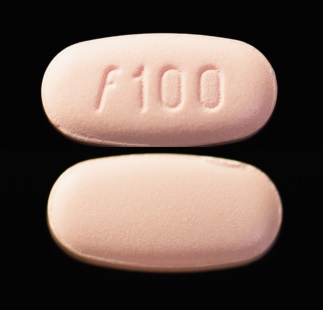Addyi Disease Interactions
There are 3 disease interactions with Addyi (flibanserin).
Flibanserin (applies to Addyi) acute alcohol intoxication
Major Potential Hazard, Moderate plausibility. Applicable conditions: Alcoholism
The use of flibanserin is contraindicated along with the ingestion of alcohol, as it increases the risk of hypotension and syncope. It is important to assess the likelihood of the patient abstaining from alcohol, taking into account the current and past drinking behavior.
References
- (2015) "Product Information. Addyi (flibanserin)." Sprout Pharmaceuticals
Flibanserin (applies to Addyi) hypotension/syncope
Major Potential Hazard, Moderate plausibility.
The use of flibanserin can cause hypotension and syncope. The benefits and risks of therapy should be considered in patients with preexisting conditions that predispose to hypotension. Flibanserin should be used with caution in these patients.
References
- (2015) "Product Information. Addyi (flibanserin)." Sprout Pharmaceuticals
Flibanserin (applies to Addyi) liver disease
Major Potential Hazard, Moderate plausibility.
Flibanserin may accumulate in patients with hepatic impairment. Therapy with flibanserin is contraindicated in patients with compromised hepatic function.
References
- (2015) "Product Information. Addyi (flibanserin)." Sprout Pharmaceuticals
Addyi drug interactions
There are 479 drug interactions with Addyi (flibanserin).
Addyi alcohol/food interactions
There is 1 alcohol/food interaction with Addyi (flibanserin).
More about Addyi (flibanserin)
- Addyi consumer information
- Check interactions
- Compare alternatives
- Pricing & coupons
- Reviews (68)
- Drug images
- Side effects
- Dosage information
- During pregnancy
- FDA approval history
- Drug class: miscellaneous central nervous system agents
- En español
Related treatment guides
Drug Interaction Classification
| Highly clinically significant. Avoid combinations; the risk of the interaction outweighs the benefit. | |
| Moderately clinically significant. Usually avoid combinations; use it only under special circumstances. | |
| Minimally clinically significant. Minimize risk; assess risk and consider an alternative drug, take steps to circumvent the interaction risk and/or institute a monitoring plan. | |
| No interaction information available. |
Further information
Always consult your healthcare provider to ensure the information displayed on this page applies to your personal circumstances.


